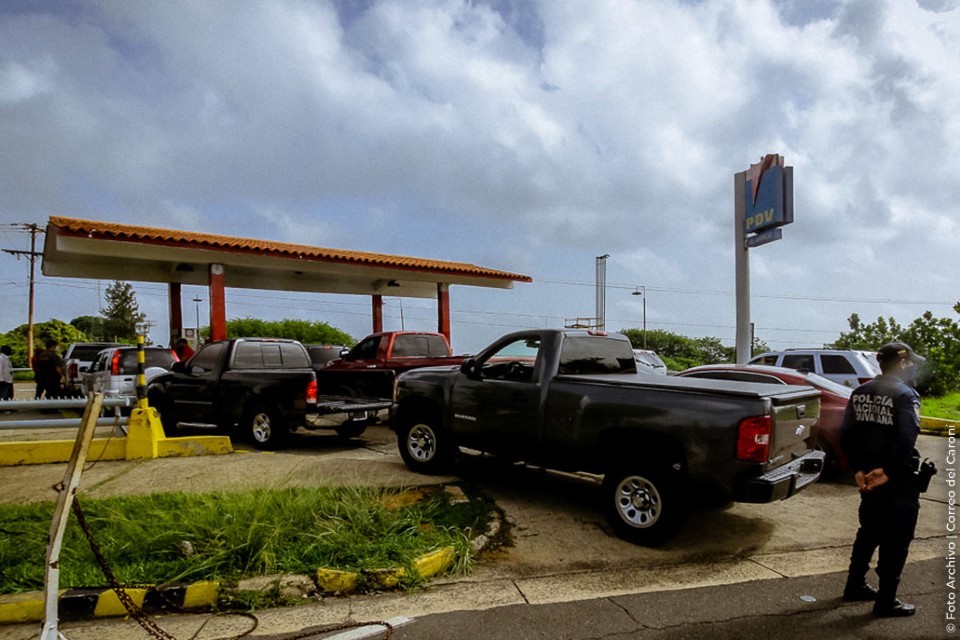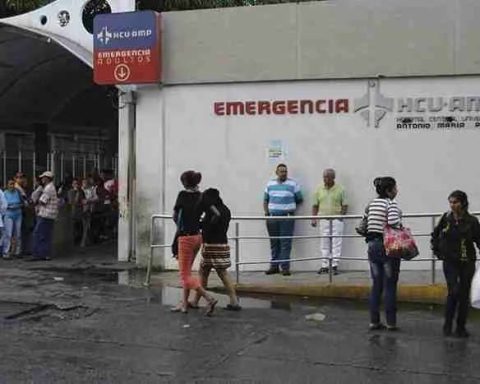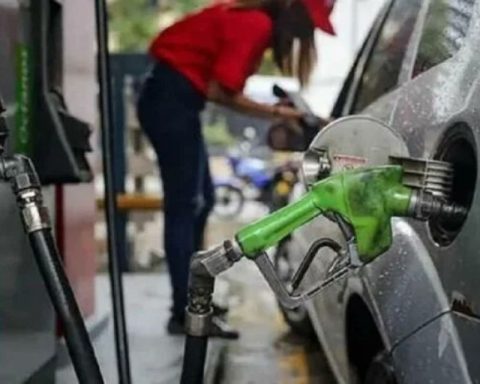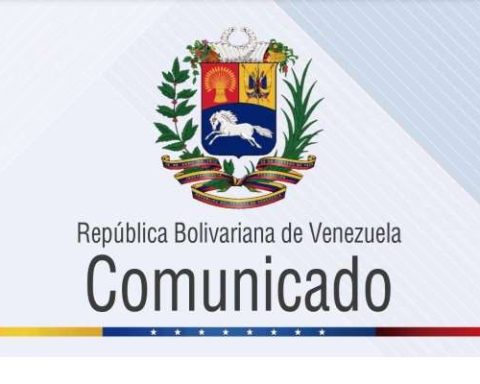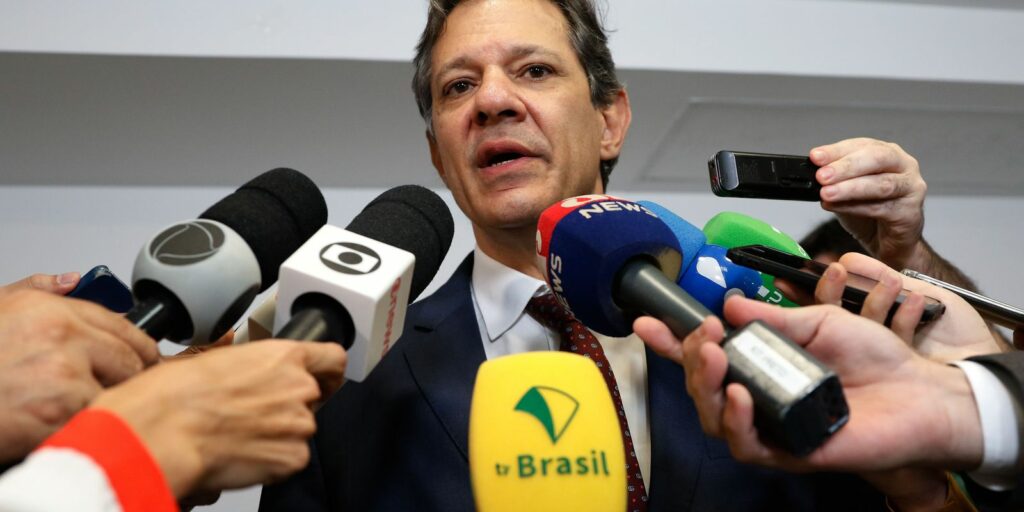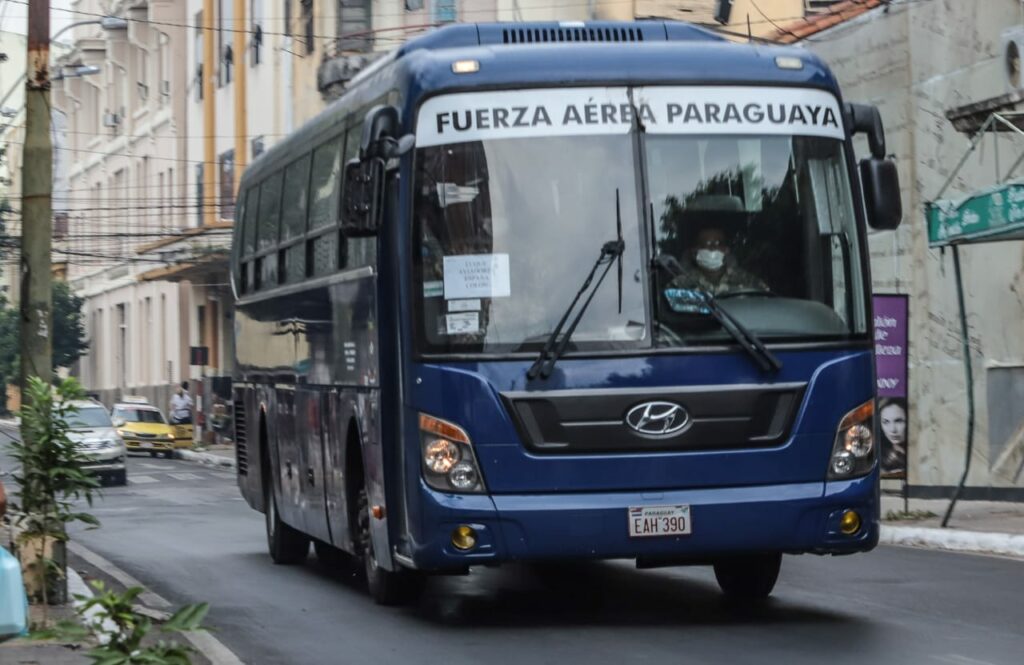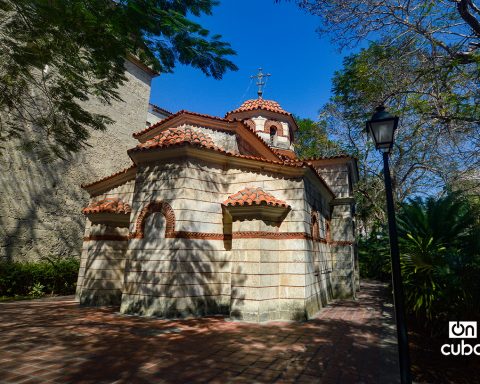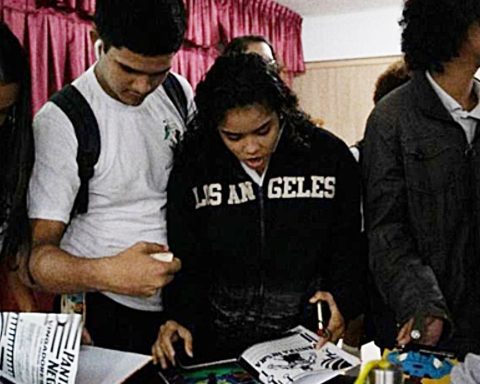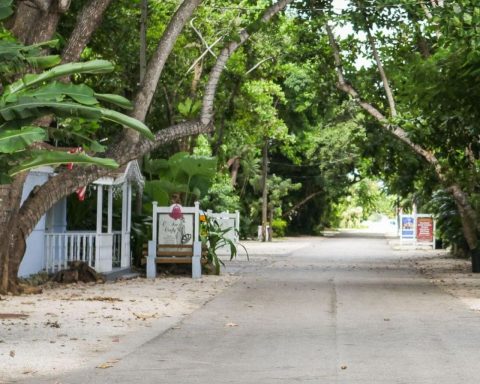The municipalities in the south of Bolívar usually report irregularities in the dispatch, which can last for more than six months. Time passes, and the State does not offer a definitive solution to the problem
Laura Clisanchez | Caroní Mail
Municipalities in the south of Bolívar state (El Callao, Roscio, Sifontes and Gran Sabana) have been without fuel supply for a month. The Chamber of Commerce and Industries of El Callao denounced that the prolonged absence of the basic service caused the paralysis of the commerce and services sector.
Transportation is essential for the socioeconomic development of the communities south of Bolívar, since merchants and mining workers depend on motorized vehicle travel to carry out their economic activity.
The union denounces that the State prioritizes supply to mining alliances to the detriment of the commerce, services and industry sectors.
The diversion of fuel to illegal mining activity, and smuggling have affected Bolívar state for more than three years, when the shortage of gasoline and diesel in the area worsened, while complaints of corruption in the distribution of the service arose.
The municipalities in the south of Bolívar usually report irregularities in the dispatch, which can last for more than six months. Time passes, and the State does not offer a definitive solution to the problem.
“We are aware that the mining consortiums require fuel, but the distribution must be equalized, that there is a fixed dispatch frequency and that citizens get out of anxiety, can schedule their activities without worries,” said Ceferino Chacín, president of the Chamber of Commerce. and Industries of El Callao.
Photo: Correo del Caroní
The lack of fuel makes timely replacement of inventory impossible, since it causes an increase in the cost of freight for the transfer of merchandise from the center of the country to the south of the entity.
Since there is no fuel at service stations, companies must go to the black market, where the price of gasoline is two dollars per liter.
Buying contraband gasoline makes the operating costs of companies more expensive and, therefore, the prices of products and services aimed at the final consumer also increase. This, while the minimum wage is diluted at the rate of inflation and sales contract.
“This situation is only going to lead to the closure of many companies. Without gasoline and diesel everything stops, there is no movement and in the end the one who loses is the final consumer,” declared the trade union authority.
The union stated that it does not have a precise balance of the percentage in which sales have decreased due to the shortage of fuel in the southern zone. However, he ensures that the impact is profound.
“We demand a concrete and permanent solution to this problem that affects the vehicle fleet, prevents daily activities and, therefore, generates a negative impact on the economy,” said Chacín, together with Pedro Yépez, head of the Roscio Chamber of Commerce ; Manzur Zakia, president of the Sifontes Chamber of Commerce, and Jean Franco Fabio, representative of the Santa Elena de Uairén Chamber of Commerce.
*Read also: Argus: Venezuela increased its oil production in March
The commercial sector of the area depends on the merchandise that is ordered in the center of the country. The lack of fuel isolates the sector from its main suppliers.
“The final consumer is the one who will receive the greatest damage. In our case, as spare parts distributors, we see how inventory decreases because the orders do not arrive, the transports no longer want to come due to fuel problems and that causes sales to drop,” reported a businesswoman from the automotive sector who asked to keep her name on booking.
The businesswoman stated that, as a consequence of the lack of fuel, the freight price increased by at least 5% in recent months. “I have come to pay 200 dollars for three boxes or packages, although there are also shipping companies that try to maintain their prices as long as they are paid in foreign currency,” she explained.
Elimination of subsidies
Faced with this reality, the business union proposes to eliminate the subsidy and charge fuel at between 0.10 and 0.20 cents in the service stations of these towns.
The businessmen hope that the demands for a sufficient and uninterrupted diesel and gasoline distribution service that favors the economic activity of the municipalities in the south of Bolívar will be heard, at least this time.
Recently, Governor Ángel Marcano held a meeting with the Vice President of Commerce and Supply of Petróleos de Venezuela (PDVSA), Juan Carlos Díaz, with the purpose of improving the fuel supply in the entity.
“We hope that solutions to the gasoline and diesel distribution scheme emerge from this meeting, and we do not have to continue begging for the fuel that corresponds to the State to supply, for the good performance of the economic activity of all the cities of the corridor to the south. of Bolívar”, concluded Chacín.
Bolívar state has not had a continuous supply of fuel for more than three years. Although on some occasions, within that period, there have been slight improvements in dispatch -which continues to be by license plate number terminal despite the fact that it is no longer so in other states of the country-, but the assortment is once again critical, and increasingly controlled.
Post Views: 120
